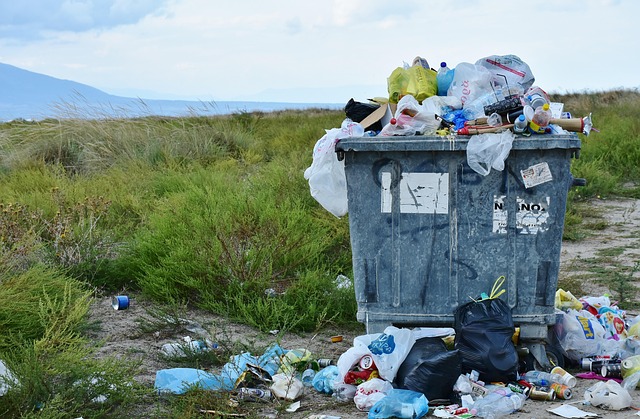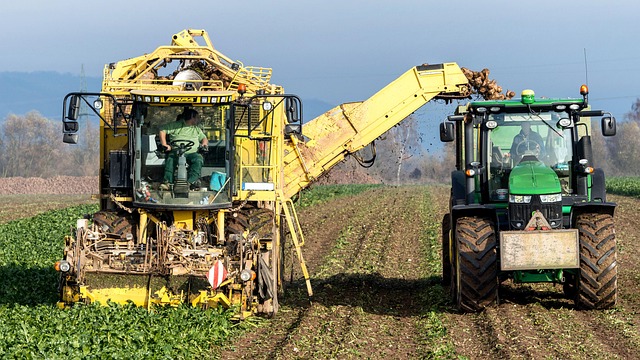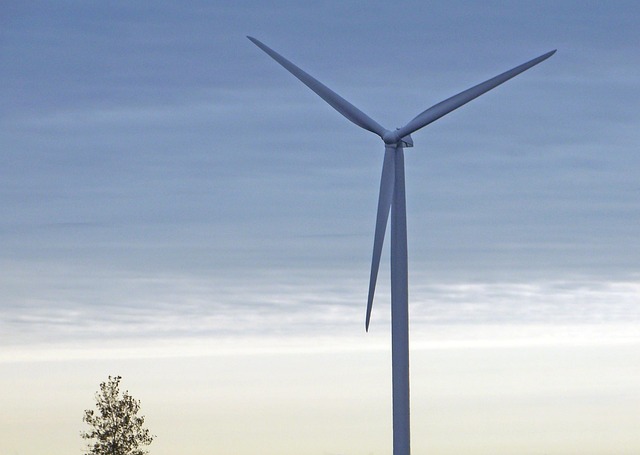As our global population continues to grow, so does the amount of waste we produce. The challenge facing cities and communities is not simply managing this waste but optimizing waste collection to be more efficient and sustainable. This is where the concept of waste collection optimization comes into play, marking a significant step towards sustainable development.
Sustainable development emphasizes that we must meet the needs of the present without compromising the ability of future generations to meet their own needs. In the realm of waste management, this means adopting practices that reduce our ecological footprint. By optimizing waste collection processes, we can significantly cut down landfill contributions and induce a shift towards recycling and composting.
One compelling solution involves the integration of green technologies in our waste collection systems. Electric or hybrid vehicles, for instance, are much more eco-friendly than their diesel counterparts, reducing greenhouse gas emissions and fostering a carbon-neutral approach. Advanced routing software can also enhance the efficiency of waste collection routes, minimizing fuel consumption and operational costs.
As cities invest in digital solutions, such as smart bins equipped with sensors, they ensure that waste is collected only when necessary, which not only saves resources but also promotes a behavioral shift among citizens. Such innovations can lead to a community that actively participates in reducing waste and recycling more efficiently. This participative effort is crucial in creating a culture of sustainability.
Ultimately, the goal is to achieve carbon neutrality in waste management systems. By embracing waste collection optimization and the proliferation of green technologies, we can actively reduce harmful emissions and make notable strides towards a cleaner environment. This is more than a technological advancement; it’s a movement towards a better planet for ourselves and generations to come, directly aligning with the principles of sustainable development.




